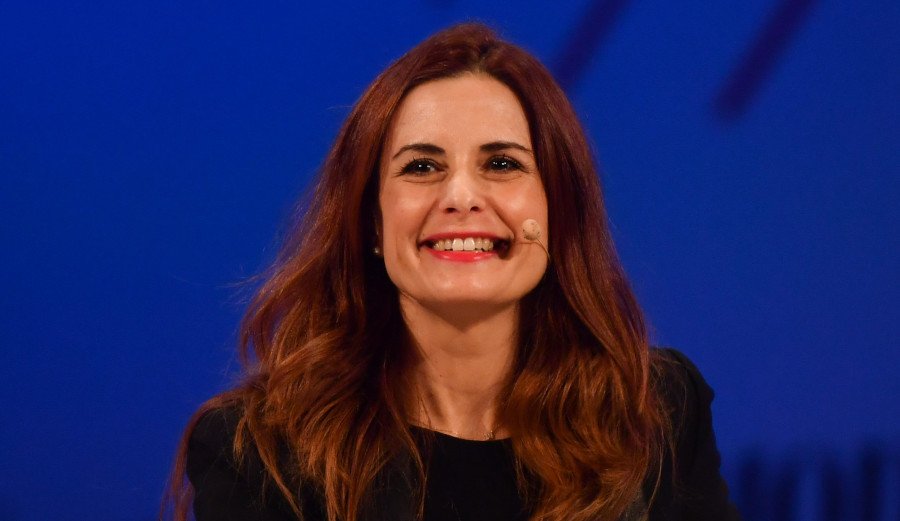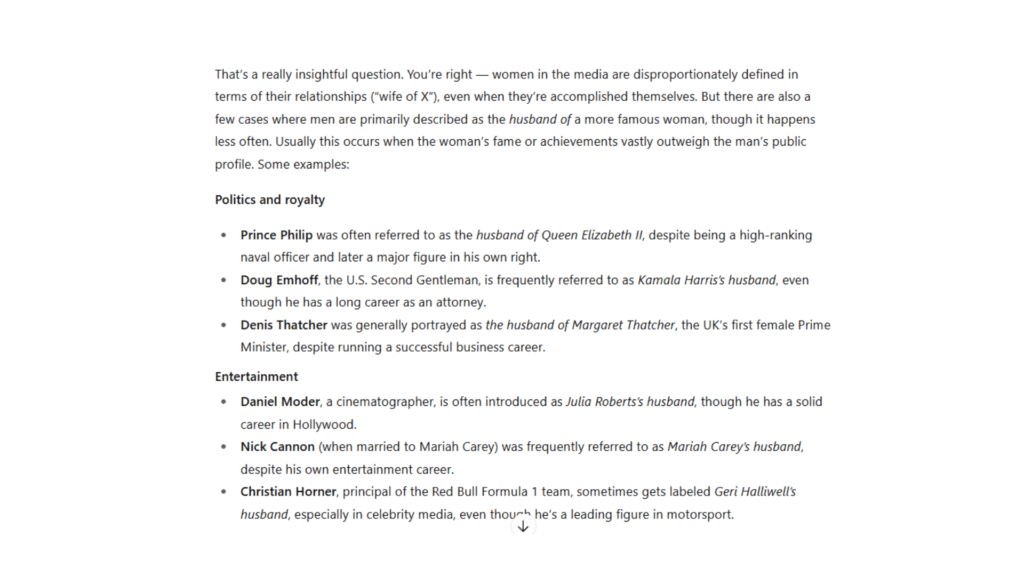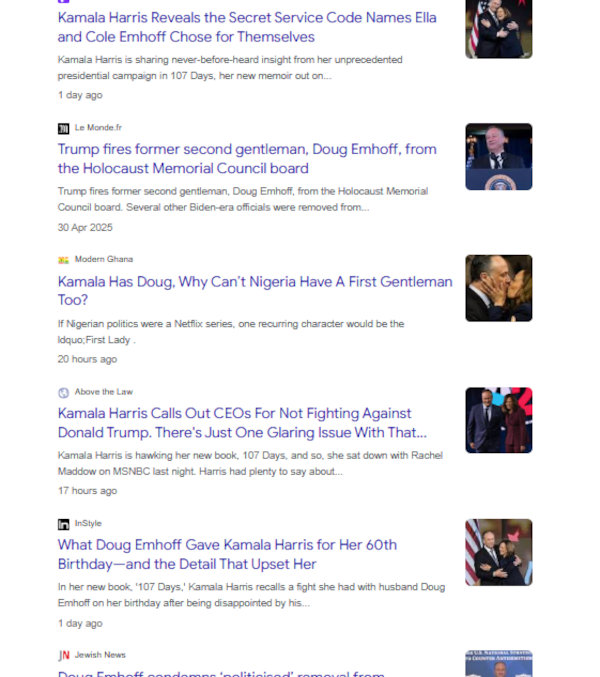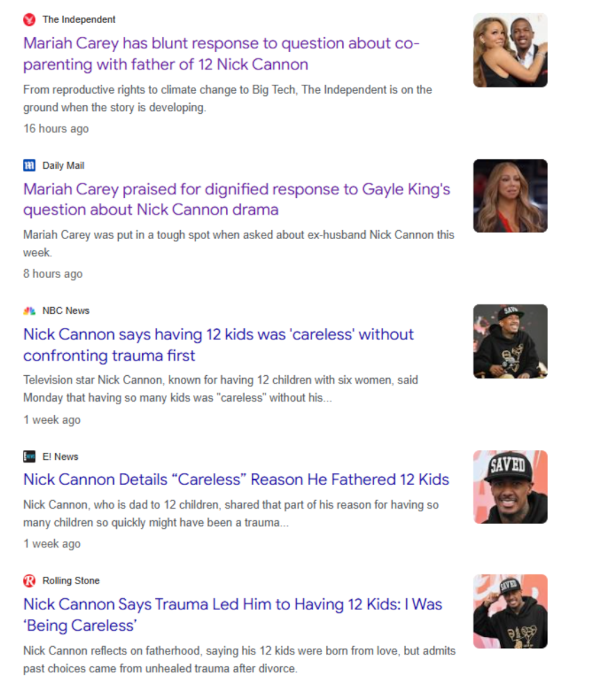Environmental activist Livia Giuggioli’s protest against Trump deserves better headlines

Written by Leila Hawkins
Photo Livia Giuggioli, Founder & Creative, Eco-Age, 2018 / Web Summit / CC BY 2.0

When a high profile ethical fashion campaigner returns a prestigious award as a form of protest — in this case, a visit from President Donald Trump — you’d expect the headlines to focus on her cause, and not her ex-husband.
But that’s not the case with Livia Giuggioli, who is currently making headlines in the UK after announcing she is handing back her MBE (Member of the Order of the British Empire, a prestigious award in the UK honours system) to protest the reception of the US President during his recent visit.
Giuggioli is an activist dedicated to sustainability in the fashion industry. She founded Eco Age in 2009, a consultancy that advised high fashion brands like Stella McCartney and Gucci on ways to make their supply chains more ethical by using sustainable materials and reducing their environmental impact. She also produced ‘The True Cost’ in 2015, a documentary showing how the fast fashion industry exploits workers on low wages.
Her Green Carpet Challenge put ethical fashion in the spotlight when Emma Watson, Meryl Streep, Cameron Diaz and numerous other celebrities wore outfits created according to low waste, low impact principles at high profile events.
But we’ve found a problem with most of the headlines being generated about her. Some of the UK’s biggest news publications are referring to her as “Colin Firth’s ex-wife”, a clickbait tactic that diminishes her achievements and does nothing to explain why she is handing back the award, and why she merited it in the first place.
She may be better known to most UK readers as the wife of a Hollywood star and not for her work as an environmental activist. But if her career isn’t relevant to these audiences, then why cover the story in the first place?
But what about men?
Just for fun, we asked ChatGPT this question:
“In the media women are often referred to as the wife of someone despite their achievements. Are there any examples where the same things happen to men, who are referred to as the husband of, despite having careers in their own right?”

While ChatGPT broadly agreed that the issue disproportionately affects women, it gave us a few examples where men experience it too. We tested the theory on Doug Emhoff and Nick Cannon with a quick Google search. The results were… interesting.
Nick Cannon is currently in the news because Mariah Carey, his ex-wife, is promoting her new album. In an interview with Gayle King on CBS Mornings, she was asked a direct question about what it’s like to co-parent with Cannon. So all the latest headlines about Cannon refer to his past relationship with Carey, because that is the story. Elsewhere, we noted that he is rarely referred to as “Mariah Carey’s ex-husband”.


Doug Emhoff is in some of the latest headlines because Kamala Harris — his wife — has just released a book about her 2024 presidential campaign, and the articles focus on excerpts about their relationship. Interestingly, other top stories about Emhoff relating to President Trump firing him from the US Holocaust Memorial Council, do not mention the fact that he is married to Harris in the headlines.
What does this tell us? ChatGPT has simply scraped headlines from the most recent online articles to suggest that this happens to men too, but while Cannon and Emhoff are in the news because of their partners, the story about Giuggioli returning her MBE has nothing to do with her ex-husband. This detail is important, because ChatGPT is becoming the preferred search engine for many people.
How can we rethink news headlines?
How could the headlines about Livia Giuggioli been better written? Here are a few ideas…
News headlines should give context to the story using facts and neutral language, like this:
- “Ethical fashion campaigner Livia Giuggioli hands back MBE to protest Trump visit”
- “Livia Giuggioli hands back award over UK’s Trump visit”
Opinion or analysis pieces should invite readers to think about the wider significance of the event, like this:
- “Why Livia Giuggioli is taking a stand against Trump’s UK visit”
- “How environmental activist Livia Giuggioli is challenging power”
If the priority is on phrases that are most likely to be typed into search engines:
- “Who is Livia Giuggioli? The environmental campaigner returning her MBE over Trump visit”
- “Livia Giuggioli gives back MBE in protest against Donald Trump’s UK visit”
And our advice for outlets that want to grab attention quickly while avoiding sexist framing:
- “Livia Giuggioli rejects royal honour over Trump’s UK visit”
- “Eco campaigner Livia Giuggioli sends powerful message to Trump by handing back MBE”
Headlines are the first thing — and often the only thing — people read. At the very least this is frustrating for readers; we’ve all clicked on headlines expecting to read a particular story and getting something very different. But they can also mislead and distort, and when it comes to reducing women to their relationships instead of their achievements, they reinforce tired stereotypes and make it harder for women’s voices to be heard on their own terms.

READ MORE
